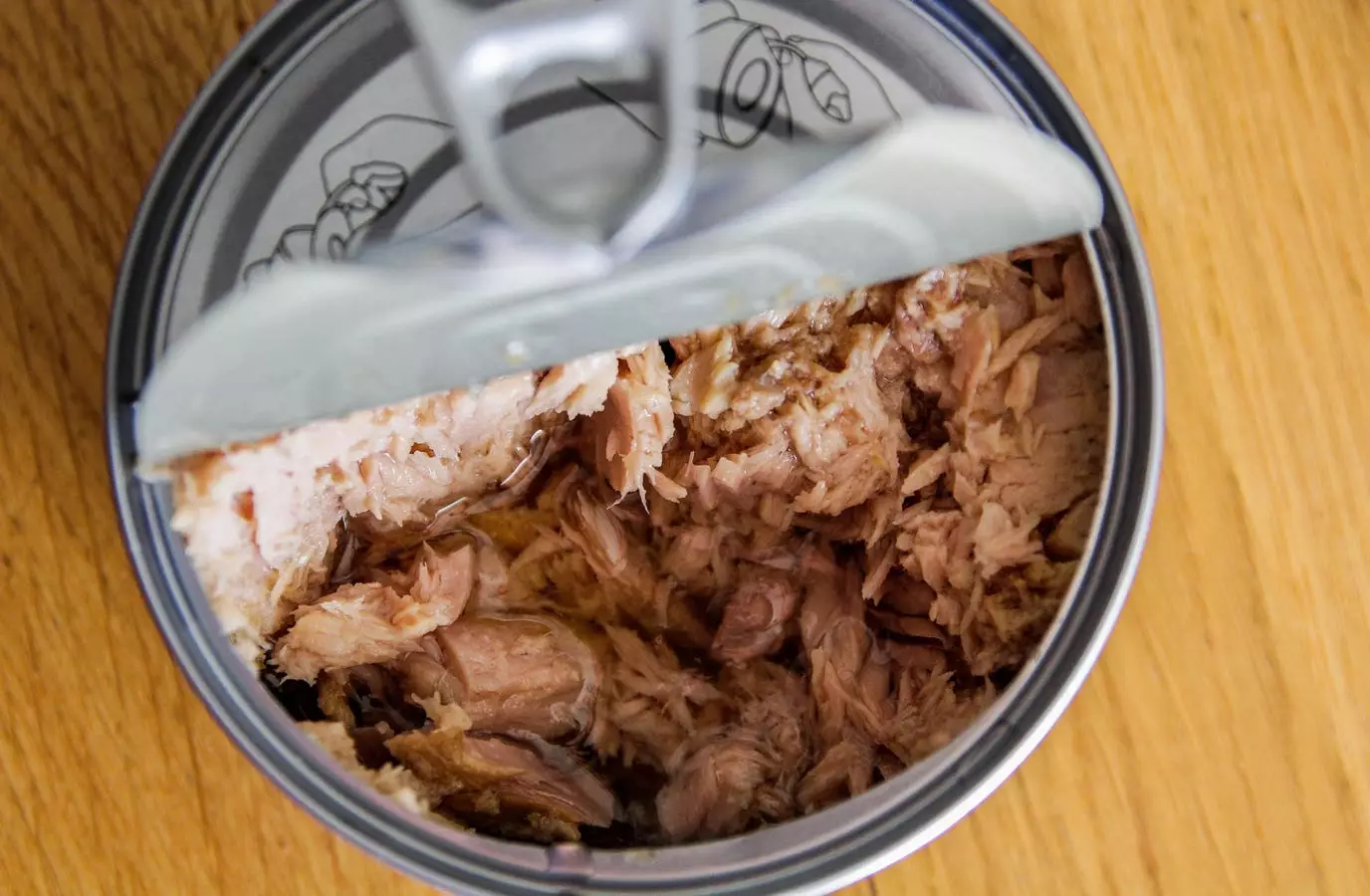Recent food recalls have become increasingly common, catching the attention of consumers and regulators alike. One of the most alarming incidents involves canned tuna—a staple in American households—forced off retail shelves due to serious health risks. Tri-Union Seafoods, a major supplier, voluntarily recalled several canned tuna products sold under popular brands like Genova, Van Camp’s, and Trader Joe’s. The recall was prompted by a defect in the pull-tab lids which posed a risk of Clostridium botulinum contamination, a bacteria responsible for botulism, one of the most dangerous foodborne illnesses known to humanity. This incident, however, raises pressing questions about food safety and the complexities of the global seafood supply chain.
The defective pull-tab lids present a potential breach in the can’s seal, creating an environment where harmful bacteria can thrive without detection. Clostridium botulinum is particularly insidious—it does not exhibit the usual signs of food spoilage like offensive odors or color changes. As a result, consumers might unknowingly consume contaminated products that appear safe. Although no illnesses have been reported at this time, the risk associated with potentially contaminated canned goods is significant, urging consumers to double-check their pantries immediately.
In response to this alarming situation, Tri-Union has communicated its commitment to safety by calling for returns of affected products, which can include popular varieties like solid white and yellowfin tuna. The recall encompasses multiple major retailers across various states, illustrating the widespread distribution of the contaminated products, with “Best By” dates extending up to 2028.
This incident sheds light on broader issues within the seafood industry, particularly surrounding traceability and oversight in a global context. Seafood is often sourced internationally, which raises complications for maintaining safety standards throughout every stage of production and distribution. Many countries lack stringent regulations or effective enforcement mechanisms, making it challenging to ensure that products are produced and shipped safely.
According to the Global Seafood Alliance, efforts to enhance sustainability within seafood production are ongoing, yet significant challenges remain, particularly in regions like Asia and Africa, where regulatory gaps may lead to both environmental and social issues. Such opacity not only complicates consumer trust but also jeopardizes the integrity of products that enter the global market.
Traceability is a vital aspect of ensuring food safety, allowing consumers and regulators to track the origin of products and their pathways to market. Initiatives are underway to improve tracking mechanisms, but the complexity of global supply chains often hampers these efforts. As highlighted by research from the Farm Animal Investment Risk & Return (FAIRR), many prominent seafood companies face risks associated with inconsistent quality control practices, leading to varying safety standards across different jurisdictions.
This can create a hazardous environment where illegal fishing practices and unregulated commercial activities continue unchecked. Such discrepancies not only pose severe risks to food safety but also foster challenges in maintaining sustainable fishing practices.
For consumers, awareness is crucial. Those who frequently purchase canned tuna from retailers like Costco, Walmart, H-E-B, and Trader Joe’s should actively check their pantry for affected products. Specific can codes and “Best By” dates are listed in the recall notice, enabling consumers to verify their purchases. Maintaining vigilance can prevent health risks, and it’s essential to remember that even seemingly intact products can harbor dangerous bacteria.
If a person has already consumed the recalled tuna and experiences botulism symptoms—such as difficulty swallowing, blurred vision, or muscle weakness—immediate medical assistance is critical. Timely intervention is essential, given the potentially life-threatening consequences of botulism.
While food recalls like this one can cause disruption and concern among consumers, they can also incentivize improvements in industry practices. The outpouring of attention and awareness surrounding food safety may ultimately push companies toward greater transparency and accountability. By prioritizing consumer education and awareness, individuals can play a vital role in advocating for food safety.
The recent canned tuna recall serves as a stark reminder of the complexities involved in our food systems. Awareness of product safety is crucial, and consumers are urged to stay informed and proactive. In an age where food recalls are frequent and food safety is paramount, staying educated is no longer just an option—it’s a necessity.


Leave a Reply